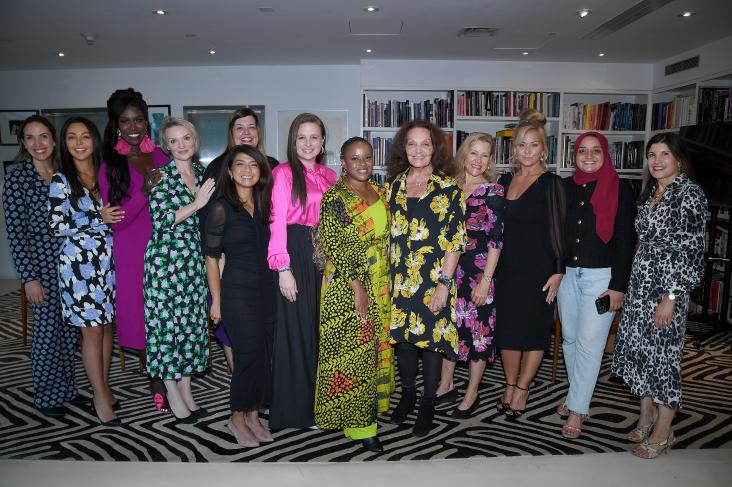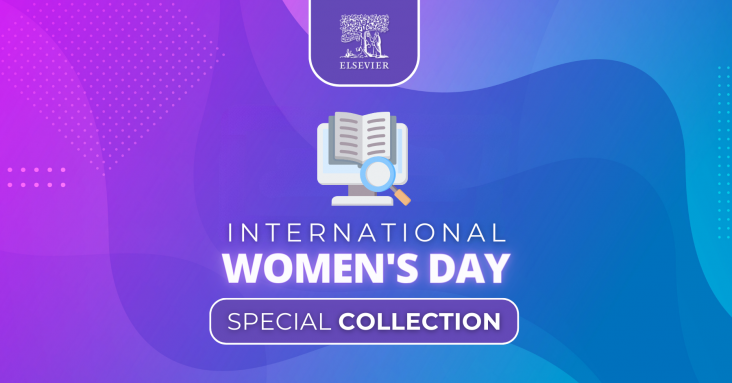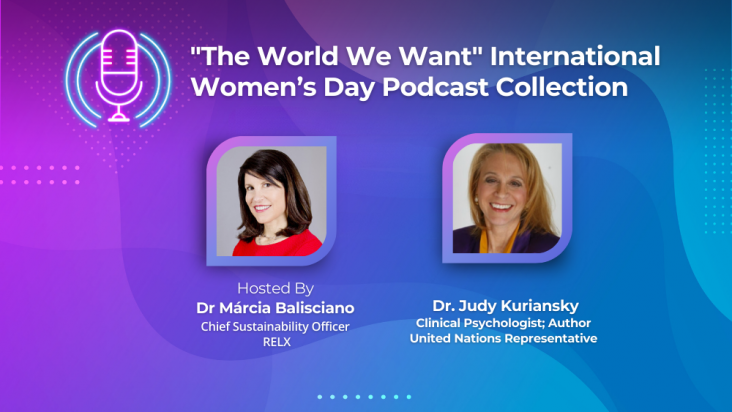This study supports SDGs 3 and 5 with the right to abortion and access to care.

Launched in 2018, the WE Empower UN SDG Challenge is a first-of-its-kind global competition for women entrepreneurs who are advancing the UN Sustainable Development Goals.

To mark International Women's Day 2024, Elsevier have curated and made freely available a special collection of journal articles and book chapters to advance knowledge and understanding relating to SDG 5: Gender Equality. The special collection features research relating to inclusion and the empowerment of women and girls across a broad range of disciplines and contexts including health, climate change, natural disasters, biodiversity, smart cities, sustainable development and leadership.

This International Women’s Day, 8 March 2024, join the United Nations in celebrating under the theme Invest in women: Accelerate progress. In this special episode of RELX's "The World We Want" series Dr Márcia Balisciano, Chief Sustainability Officer, is joined by guests Andrea "Andy" Blair, Co-Founder and President of New Zealand based geothermal research and innovation company, Upflow and Susan Blanchet, Founder and CEO of Origen Air. Both Andy and Susan are two of the 2023 awardees of the WE Empower UN SDG Challenge.

In this episode of the "World We Want" podcast, Márcia Balisciano interviews Judy Kuriansky, an award-wining journalist, clinical psychologist, lecturer, and United Nations NGO representative. They discuss sustainable development and global goals for education, health, peace, and gender equality.

The International Women's Day "World We Want" Podcast Collection features the latest episodes in the RELX podcast series featuring renowned female leaders from across the globe.
This paper is about empowering women during the menopause and argues that an over-simplified narrative of menopause as a health problem to be solved by replacing hormones is not based on evidence and deflects attention from the need for substantial societal shifts in how menopause, and midlife/older women in general, are viewed and treated around the world.
This paper is about premature menopause (before the age of 40) and early menopause (40-44) and highlights the specific research and care needed by women experiencing premature or early menopause.
This article is about mental health and menopause and questions the assumption that menopause always causes mental health problems whilst also identifying specific at-risk groups who may need additional support.
This paper is about treatment-induced menopause after cancer care. It highlights how treatment-induced menopause can lead to more severe symptoms than natural menopause and these are often overlooked during cancer care – especially in LMICs.
